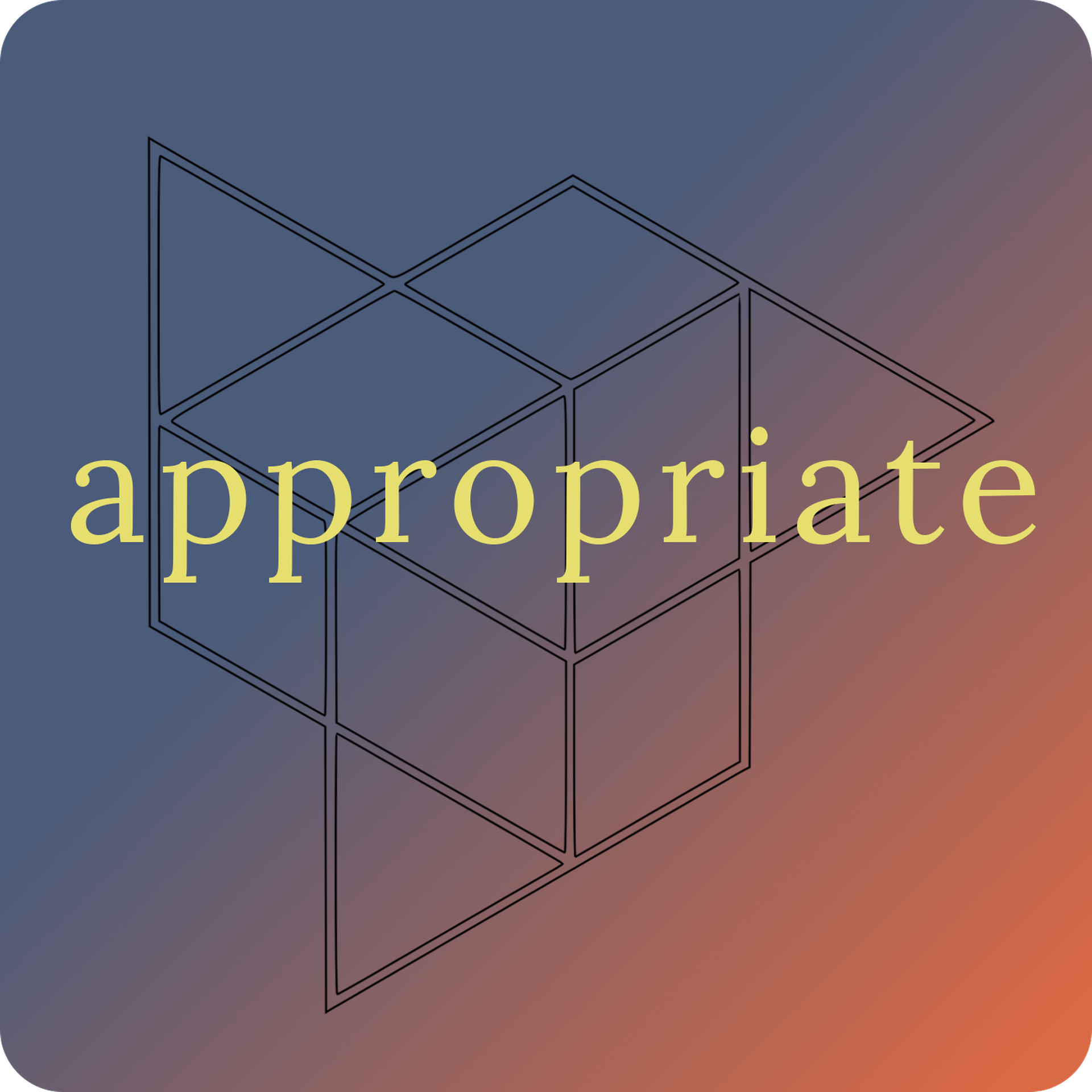Podcast
Appropriate – der Podcast
APPROPRIATE erforscht verschiedene Dimensionen von Eigentum, seine politische Dynamik und die sozialen Auswirkungen und wagt sich an das Nachdenken über Alternativen zum Eigentum. APPROPRIATE bringt Forscher*innen aus verschiedenen Disziplinen, Aktivist*innen und politische Entscheidungsträger*innen zusammen, um ihre Perspektiven zu einem breiten Spektrum von Themen zu diskutieren, darunter die Sharing Economy, urbane Commons, Wohnen, natürliche Ressourcen, Reproduktionsmedizin und Bioökonomie. APPROPRIATE ist der Podcast des Sonderforschungsbereichs "Strukturwandel des Eigentums" der Universitäten Jena und Erfurt (SFB TRR 294).
Musik: CC BY-SA, Song Paper Tiger's Grip by Mid-Air Machine
Bei Fragen oder Beiträgen zum Podcast bitte an appropriate_podcast@protonmail.com schreiben!

Trailer

Der Trailer gibt einen kleinen Einblick in das Vorhaben des Podcasts und seine Themen.
Trailer zum PodcastKonflikte um Nachhaltige Mobilität – Perspektiven aus Klimabewegung, Gewerkschaft und Betrieb
Unsere erste Podcastfolge ist endlich da! Wir starten unsere Podcastreihe mit einem akutellen Thema, das wissenschaftliche Überlegungen zum Thema nachhaltige Mobilität mit Erfahrungen aus der Praxis von Klimabewegung, Gewerkschaft und Betrieb zusammenbringt. Kim Lucht und Steffen Liebig vom Sonderforschungsbereich befragen die vier Gäste Christopher Szymula (Verkehrsingenieur, Straßenbahnfahrer aus Leipzig), Lea Knoff (Students for Future, Die Linke/ SDS aus Leipzig), Laura Meschede (Offenes Antikapitalistisches Klimatreffen München) und Ferhat Kirmizi (stellvertretender Betriebsratsvorsitzender Bosch München-Berg am Laim) zu Erfahrungen und Herausforderungen der Allianz zwischen Klimabewegung(en) und Gewerkschaften.
Gäste/Gästinnen: Kim Antonia Lucht, Steffen Liebig, Laura Meschede, Christopher Szymula
Anhören auf: